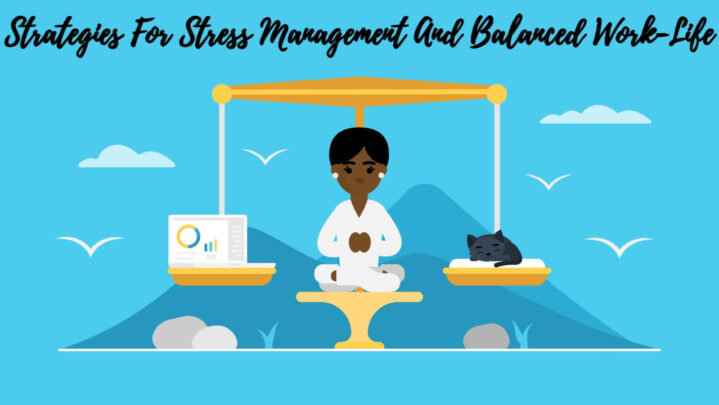There are several stress-management measures available, including:
Time management may help people feel more in control of their workload by prioritizing chores, setting realistic objectives, and making a timetable.
Exercise: Physical activity on a normal basis can assist to enhance mood, increase energy, and reduce stress.
Deep breathing, meditation, and yoga are examples of relaxation practices that can assist to relieve stress and generate a sense of peace.
Spending time with friends and family, as well as participating in social activities, may create a sense of connection and support, which can aid in stress reduction.
Eating a balanced diet and avoiding substances that might cause stress, such as coffee, can assist to enhance general health and reducing stress.
Keeping a good attitude: Keeping a positive attitude and practicing gratitude can assist to alleviate stress and enhance a sense of well-being.
Sleep: Getting adequate sleep is essential for preserving physical and mental health, as well as for stress reduction.
Seek expert assistance: If stress becomes overpowering and interferes with everyday living, it is critical to seek professional treatment. Talking to a therapist or counselor can help you discover the roots of your stress and create coping methods.
Setting limits and making time for non-work activities are vital for maintaining a healthy work life. This might involve designating defined periods for monitoring and replying to business-related emails, taking frequent breaks during the workday, and leaving work at a specified time each day. Making time for hobbies, spending time with friends and family, and following personal interests are also crucial.
Incorporating these tactics into daily life can help decrease stress, enhance general health and well-being, and promote life balance. It is critical to remember that everyone is unique, and what works for one person might not work for another. It is crucial to explore and determine what works for you personally.





